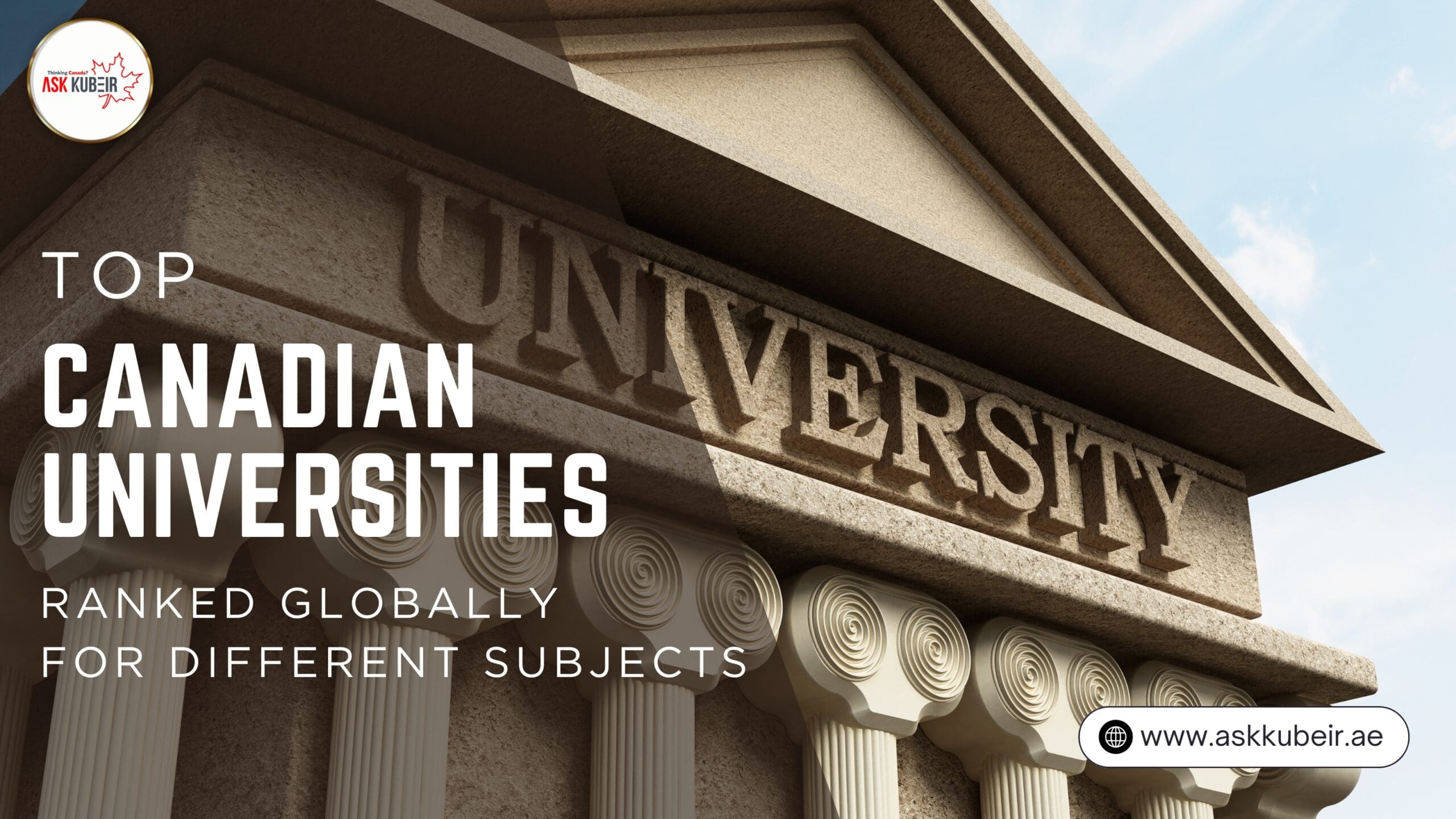
Overview
Canada is home to some of the world’s best universities, and many have been ranked among the top 100 in the world for specific subjects. This ranking comes from Quacquarelli Symonds (QS), a trusted organization that publishes university rankings each year. The QS World University Rankings by Subject helps students choose the best universities based on their field of study. Here’s a breakdown of how Canadian universities performed and what it means for you if you’re thinking about studying in Canada.
Canadian Universities in the Global Rankings
Several Canadian universities have made it into the top 100 rankings in a variety of subjects. Below is a list of top-performing universities and the subjects where they shine:
| University | Engineering & Technology | Life Sciences & Medicine | Natural Sciences | Arts & Humanities | Social Sciences & Management |
|---|---|---|---|---|---|
| University of Toronto | 17th | 13th | 20th | 14th | 14th |
| University of British Columbia | 31st | 25th | 22nd | 19th | 20th |
| McGill University | 45th | 27th | 48th | 36th | 39th |
| University of Waterloo | 47th | — | 72nd | — | — |
| McMaster University | — | 59th | — | — | — |
| University of Alberta | — | 86th | — | — | — |
Note: If a university doesn’t appear in the ranking for a particular subject, it means it did not rank within the top 100 for that field.
Subject Areas Ranked
The QS World University Ranking covers 55 subjects, grouped into five broad categories. Here’s a look at what they include:
- Engineering and Technology
- Data Science, Chemical Engineering, Civil Engineering, Electrical Engineering, Mechanical Engineering, and more.
- Life Sciences and Medicine
- Agriculture, Anatomy, Biological Sciences, Dentistry, Medicine, Nursing, Pharmacy, Psychology, and more.
- Natural Sciences
- Chemistry, Earth Sciences, Environmental Science, Geography, Mathematics, Physics, and more.
- Arts and Humanities
- English Literature, History, Philosophy, Music, Art History, Archaeology, and more.
- Social Sciences and Management
- Accounting, Business Studies, Economics, Law, Marketing, Sociology, and more.
How Are Universities Ranked?
QS uses a detailed ranking methodology that looks at five key factors to evaluate universities:
- Academic Reputation: Based on surveys of academics worldwide.
- Employer Reputation: Surveys of employers about graduates from different universities.
- Research Citations: Measures how often a university’s research is cited by others.
- H-Index: Shows how productive and impactful a university’s researchers are.
- International Research Network: Looks at how much collaboration a university has with other institutions.
How to Apply for a Study Permit in Canada
If you’re considering studying in Canada, you’ll need to apply for a study permit. Here’s a simple step-by-step guide to help you through the process:
- Choose a Program
- Research programs that align with your career goals.
- Pick a Designated Learning Institution (DLI) – these are institutions recognized by the Canadian government.
- Get Accepted
- Apply to the institution and get an acceptance letter (Letter of Acceptance or LOA).
- Prepare Your Documents
- Gather all necessary documents like your passport, photos, proof of financial support, and more.
- Apply for a Study Permit
- Apply online or at a Canadian visa office. You will need to submit documents and pay the application fee.
- Provide Proof of Funds
- Ensure you have enough money to cover your tuition and living expenses while studying in Canada. Below is the required amount of funds based on the number of family members:
- Get a PAL or TAL
- Some provinces require a Provincial Attestation Letter (PAL) or Territorial Attestation Letter (TAL) from the designated institution.
- Biometrics & Medical Exams
- You may need to submit biometrics (fingerprints) and undergo a medical exam.
- Temporary Resident Visa
- If approved, you will receive a letter of introduction and a temporary resident visa to enter Canada.
FAQs About Studying in Canada

1. How long does it take to get a study permit?
The processing time can vary depending on your country of residence, but it typically takes around 3-6 weeks. Make sure to apply well in advance.
2. Can I work while studying in Canada?
Yes, you can work on or off-campus while studying, but there are restrictions. Full-time students can usually work up to 20 hours per week during the academic term and full-time during breaks.
3. Can my family come with me to Canada?
Yes, if you’re a full-time student with a valid study permit, your spouse and dependent children can apply for a visa to accompany you.
4. Do I need a study permit for all programs?
You need a study permit for programs longer than six months. Shorter programs don’t require one, but you will need to leave Canada once your program ends.
5. What happens if I want to stay in Canada after my studies?
You may be eligible for a Post-Graduation Work Permit (PGWP), which allows you to work in Canada after completing your studies.
Why Choose Canada for Studies?
Canada offers a high standard of education and is home to some of the best universities in the world. With its diverse culture, welcoming environment, and top-tier institutions, it’s an excellent destination for international students. Plus, with the chance to work after graduation and potentially apply for permanent residency, studying in Canada can be the first step toward building a life in one of the most immigrant-friendly countries in the world.
Conclusion
If you’re thinking about studying in Canada, the country offers outstanding universities and a pathway to permanent residency. Whether you’re interested in engineering, business, or arts, there’s a top Canadian university that can help you achieve your academic and career goals. And with the process of obtaining a study permit straightforward if you follow the steps, you’ll be on your way to studying in one of the world’s top educational destinations.
Get Started with Ask Kubeir
At Ask Kubeir, we can help guide you through the immigration process for studying in Canada. From applying for a study permit to making sure you meet all the requirements, we are here to support you every step of the way. Reach out to us today for expert advice on your Canadian study journey!

📞 Call us: 04 260 7837
📲 WhatsApp: wa.me/971529693030
🌐 Website: www.askkubeir.ae
📍 Office No. 45, 9th Floor, Conrad Tower, WTC, Dubai





